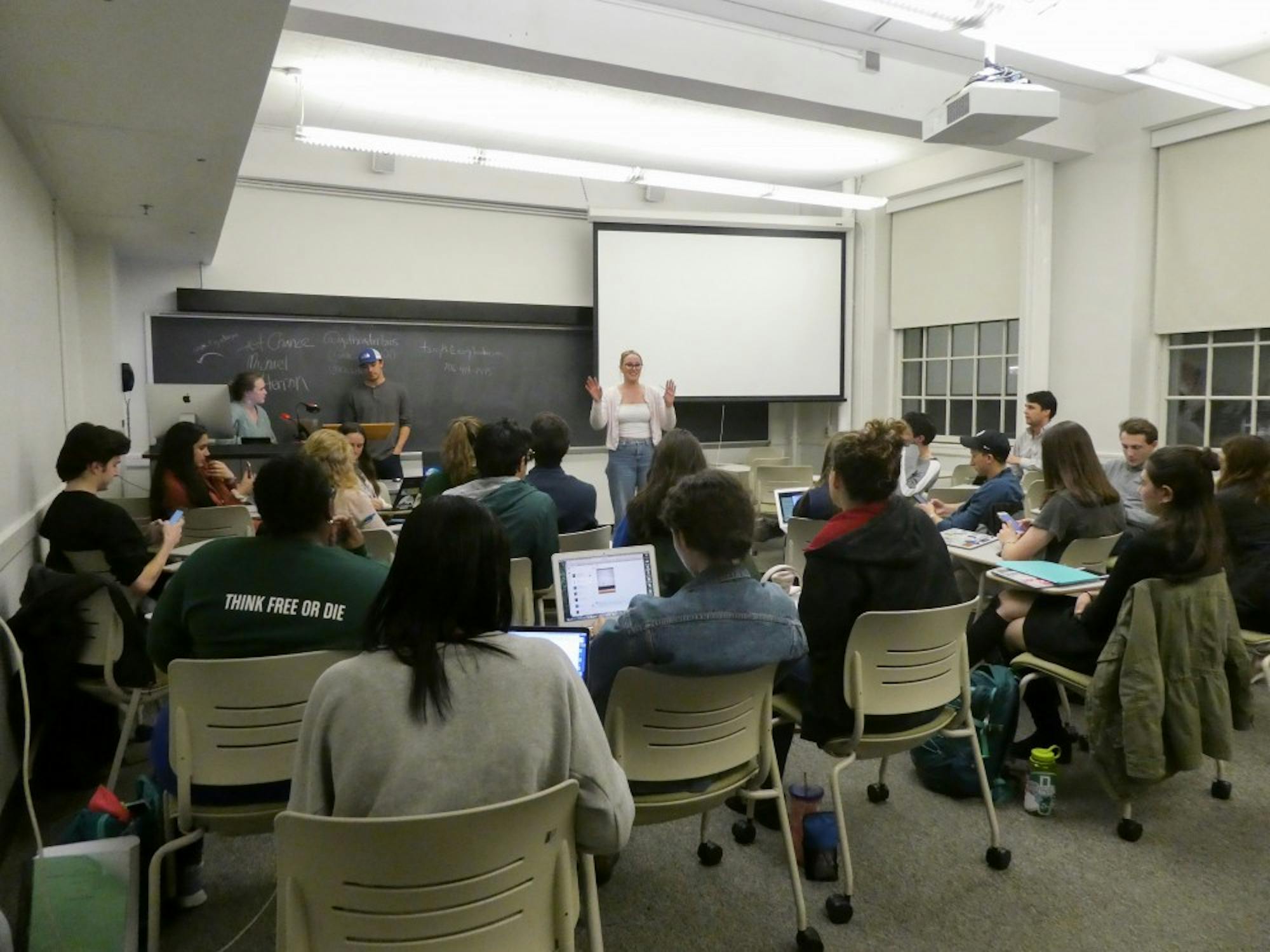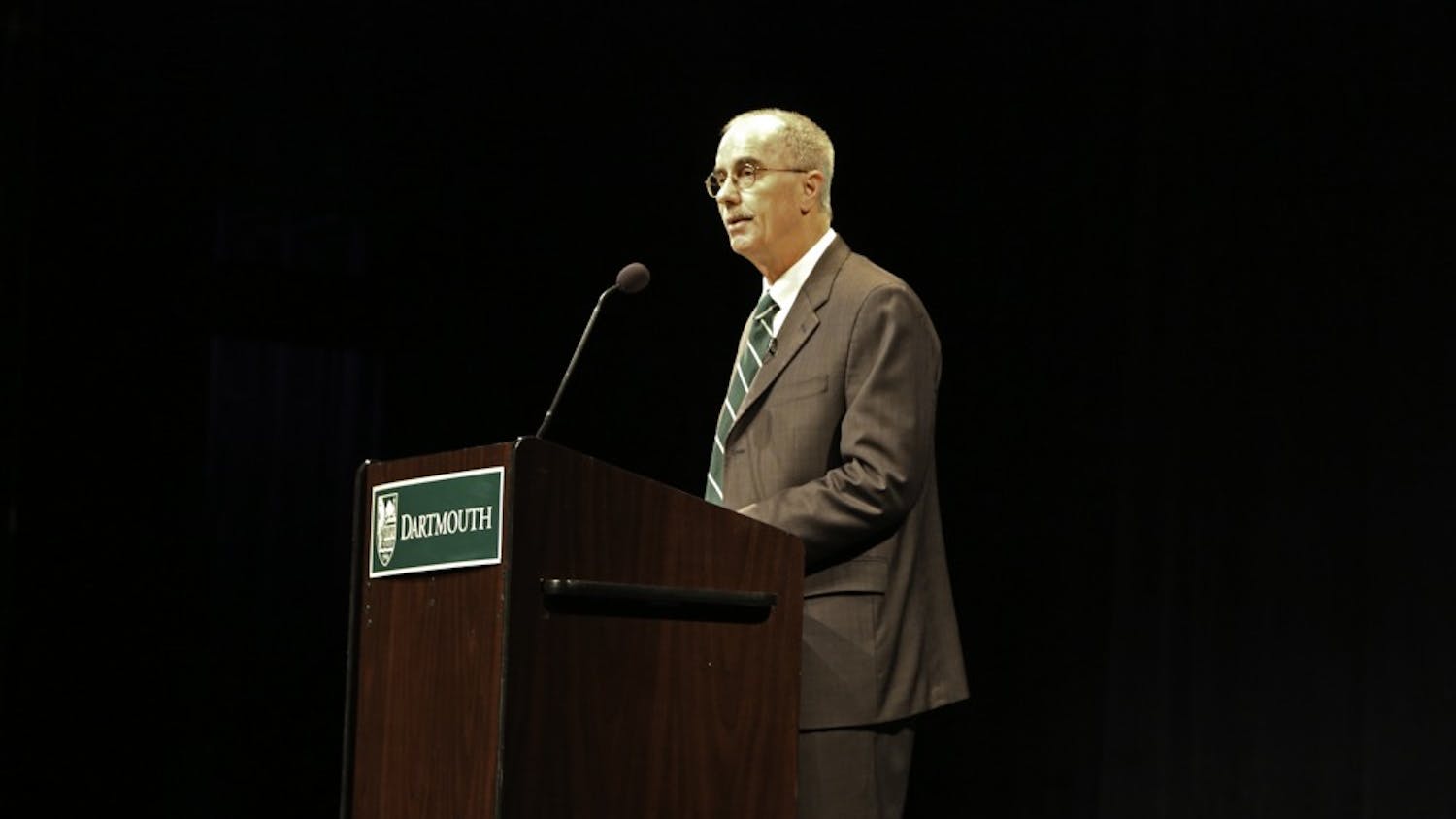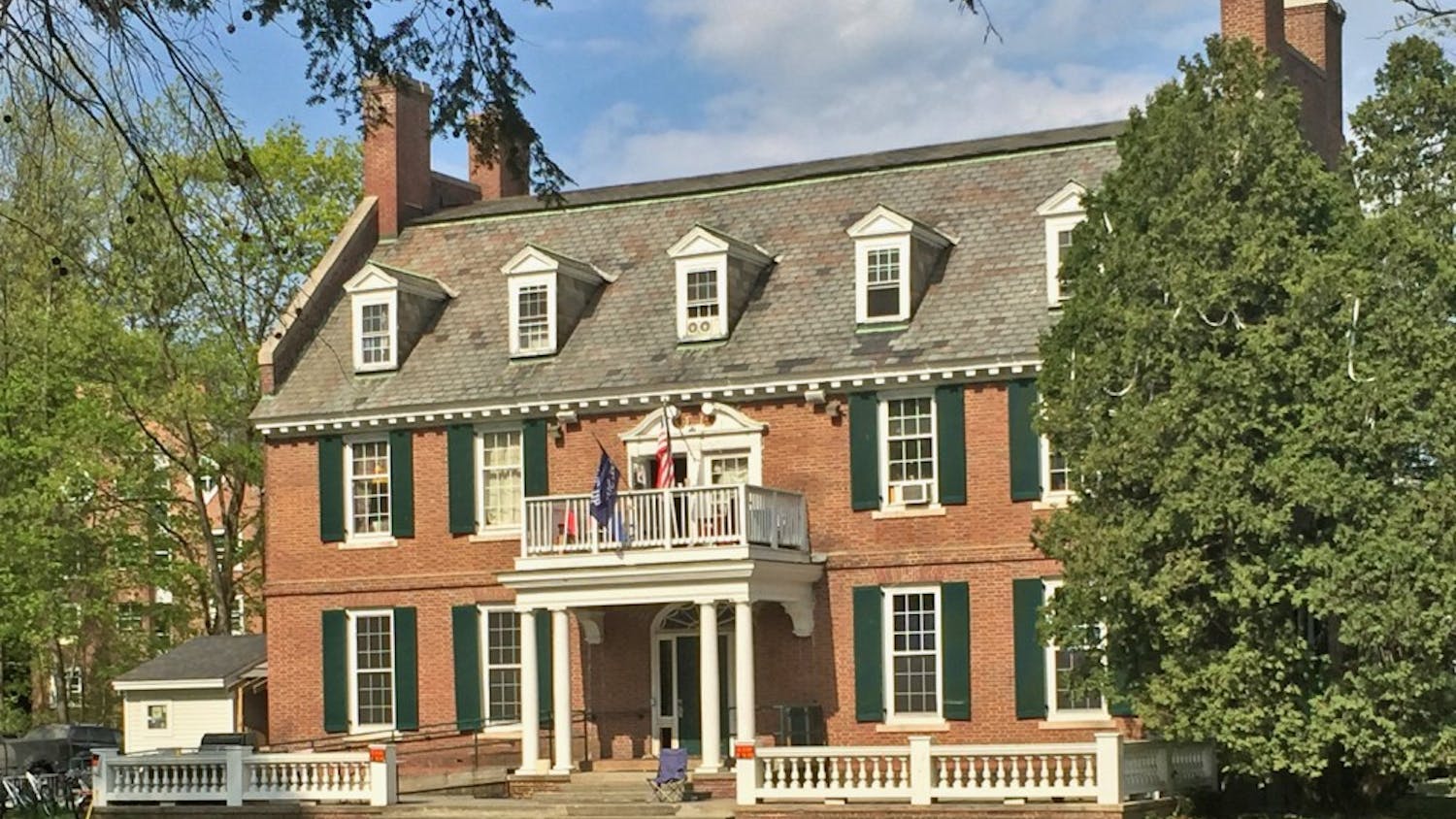The Dartmouth College Democrats have joined over 70 other College Democrats chapters to boycott the Democratic Congressional Campaign Committee over its new policy blacklisting firms which work with challengers to incumbent Democratic representatives.
The DCCC, an organization that works to elect Democrats to the House of Representatives, announced that it will not work with “an opponent of a sitting Member of the House Democratic Caucus.” Since the policy announcement, members of the Democratic Party have been split between the benefits of protecting incumbents — arguably one of the main goals of the Committee — or offering voters the option of voting for different, often more progressive candidates during primary elections.
Critics of the policy argue that this silences younger and more progressive voices within the Democratic Party, while supporters argue that the best way to achieve progressive goals is to support incumbent candidates, especially in more moderate congressional districts.
The Harvard College Democrats released a letter on April 24 that called for a boycott coalition against the DCCC, stating that the policy was “undemocratic.” College Democrats chapters across the nation, including those at Princeton University, the University of Virginia and Yale University, promptly joined the coalition.
Dartmouth College Democrats president Gigi Gunderson ’21 said that the organization discussed the boycott as a group and decided to join. She added that she believes the DCCC policy “goes against the history of the [Democratic] Party.”
“We believe boycotting is best way to send a message,” Gunderson said.
Harvard College Democrats president Hank Sparks said that the DCCC’s policy takes steps “backwards on important issues like climate justice and LGBTQ rights.”
Sparks cited the campaign of Marie Newman, a Democratic challenger to Rep. Dan Lipinksi (D-IL), as an example. According to Sparks, although Lipinksi is a Democrat, his voting record leans conservative, with votes against women’s reproductive rights, LGBTQ rights and immigration. He added that Newman seeks to challenge Lipinski’s seat in the 2020 elections with a progressive platform but has been hindered by the DCCC’s new policy. On April 26, Newman announced that several firms had stopped working on her campaign as a result of the new rule.
Although Newman’s campaign was affected by the rule change, her campaign has so far raised over $211,000 in 2019, according to the Federal Election Commission.
Other critics of the policy include Rep. Alexandria Ocasio-Cortez (D-NY), a progressive who defeated Rep. Joe Crowley (D-NY), the then-fourth ranking Democrat in the House, for New York’s 14th district seat during the 2018 election primaries.
Despite the protests by the 70 College Democrats chapters, the DCCC has no plans to reverse the policy, arguing that it is not targeted at progressives, but is instead aimed at protecting the majority the Democrats currently hold in the House.
“This policy will protect all members of the Democratic Caucus — regardless of where they fall within our big tent,” DCCC regional press secretary Cole Leiter said.
The DCCC’s mission is to expand the Democratic majority, Leiter said, and protecting incumbents is the best way to do this.
As for the boycott, Sparks said the College Democrats have not received a response from the DCCC.
“We wish they considered us as stakeholders in this process,” Sparks said. “I think it’s very disappointing that an organization designed to spread democratic values is so inaccessible.”




